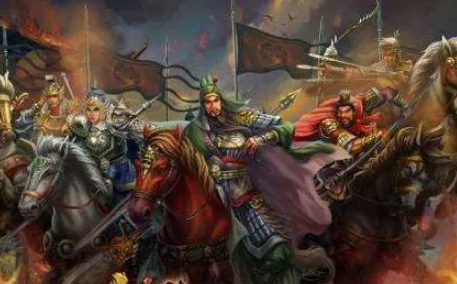In ancient China, the emperor, as the supreme ruler of the country, possessed supreme power. Among these powers, the general pardon was an important one, aimed at forgiving criminals and demonstrating the emperor's vast benevolence. However, this decision often hid complex political and social considerations behind it.

II. Political Significance of the General Pardon
The general pardon held significant political importance in ancient China. Firstly, it was regarded as a benevolent act of the emperor, contributing to enhancing his image and prestige. Secondly, it could alleviate social conflicts and stabilize social order. Finally, it could also be used to reward loyal ministers or pardon political prisoners, thus consolidating the political power.
III. Public Anger of Victim's Families and Responses
Although the general pardon had its political significance, it could also provoke public anger among the families of the victims. To balance the interests of all parties, ancient emperors usually took measures to appease the families of the victims when implementing the general pardon. For example, the emperor might provide special care or compensation to the families of victims of major criminal acts to demonstrate justice. In addition, the general pardon was not always applicable to all Criminals but was targeted at specific types of Criminals or Criminals under specific circumstances.
IV. Conclusion and Revelation
In summary, ancient emperors needed to weigh various factors, including political, social, and legal aspects, when implementing the general pardon. Although the general pardon might provoke public anger among the families of the victims, through reasonable policy design and effective communication means, this dissatisfaction could be mitigated to some extent. At the same time, we should also recognize that historical development is complex and diverse and should view historical events with an objective and fair attitude.
Disclaimer: The above content is sourced from the internet and the copyright belongs to the original author. If there is any infringement of your original copyright, please inform us and we will delete the relevant content as soon as possible.
































